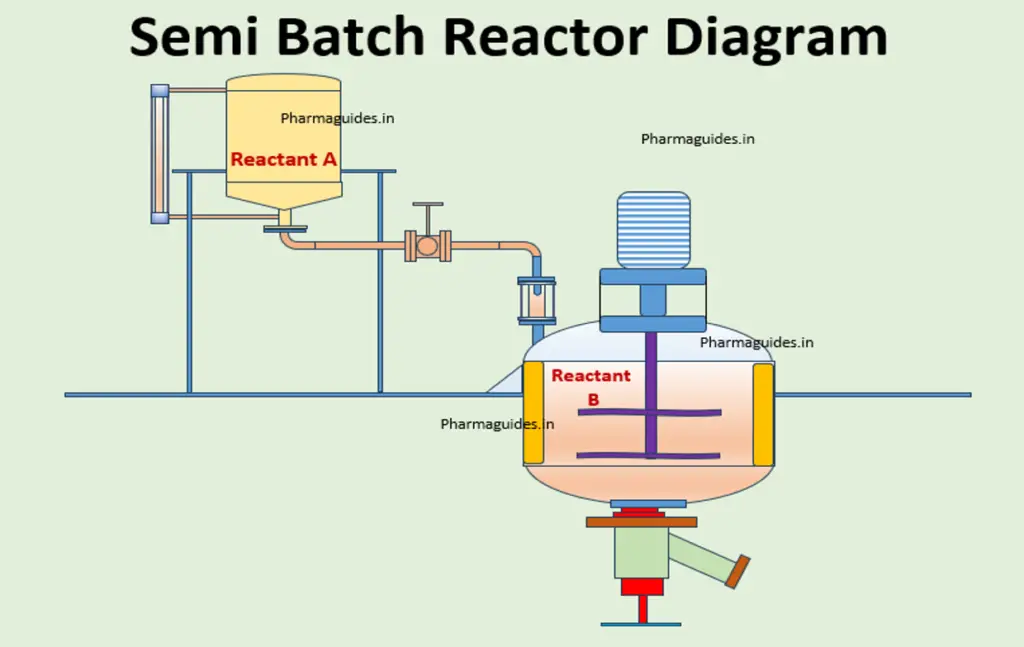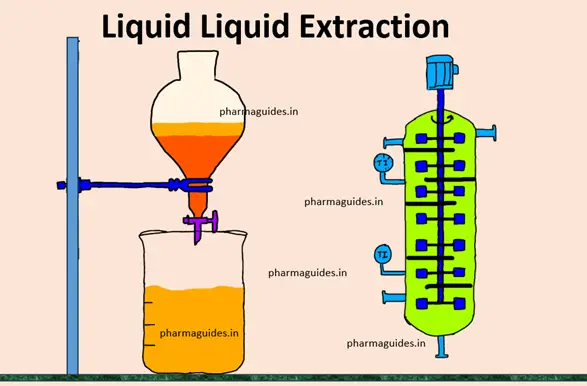Article Contents
Which is the Hottest Planet In Our Solar System
Venus Takes the Crown: The Hottest Planet in Our Solar System
Our solar system is a fascinating and diverse collection of celestial bodies, each with its own unique characteristics. Among these, the planets stand out as some of the most intriguing. From the scorching, hostile environment of Venus to the frigid, icy landscapes of Pluto, each planet has its own story to tell. In this article, we will explore one of the most fiery planets in our solar system and answer the burning question: Which is the hottest planet in our solar system?

Venus: The Fiery Furnace
Venus, the second planet from the Sun, is the clear winner in the contest for the hottest planet in our solar system. Often referred to as Earth’s “sister planet” due to its similar size and composition, Venus couldn’t be more different when it comes to its atmosphere and surface conditions.
Why is Venus the Hottest Planet

The extreme heat on Venus is primarily attributed to its thick and suffocating atmosphere, which is predominantly composed of carbon dioxide with traces of sulfuric acid clouds. These clouds create a powerful greenhouse effect, trapping heat from the Sun and preventing it from escaping back into space. The result is a planet with a surface temperature that is hot enough to melt lead, Which is the Hottest Planet In Our Solar System.
The surface temperature on Venus averages around 467 degrees Celsius (872 degrees Fahrenheit), which is hotter than the surface of Mercury, the closest planet to the Sun. This seemingly counterintuitive fact is due to Venus’s atmosphere acting like a thick blanket, causing it to experience a more intense greenhouse effect than Mercury, where the lack of a substantial atmosphere allows heat to dissipate more easily.
Venus’s Inhospitable Environment
The extreme temperatures on Venus make it one of the most inhospitable places in our solar system. The surface pressure is about 92 times that of Earth, equivalent to the pressure you would experience if you were submerged nearly 3,000 feet (900 meters) underwater. These conditions would crush most spacecraft within minutes.
Venus’s surface is marked by vast plains, highland regions, and numerous volcanic features. The planet’s thick, acidic clouds shield it from view, making surface exploration challenging. Soviet spacecraft, including Venera and Vega missions, have provided invaluable data about Venus’s surface and atmosphere, Which is the Hottest Planet In Our Solar System.
Understanding Venus’s Climate
Studying Venus’s extreme climate is essential not only for understanding our solar system but also for gaining insights into the broader field of planetary science. Venus’s runaway greenhouse effect offers a valuable comparison to Earth’s own climate system and serves as a warning about the potential consequences of uncontrolled greenhouse gas emissions on our planet.
Which is the hottest planet in the solar system ?
Venus, the second planet from the Sun, holds the title of the hottest planet in our solar system. Its surface temperature averages around 467 degrees Celsius (872 degrees Fahrenheit), surpassing even Mercury, due to a thick carbon dioxide-rich atmosphere creating an intense greenhouse effect.
Questions and Answer on Which is the Hottest Planet In Our Solar System
Which is hotter, Venus or Mercury?
Venus is hotter than Mercury. While Mercury is the closest planet to the Sun, Venus’s thick carbon dioxide-rich atmosphere creates a more intense greenhouse effect, leading to higher surface temperatures. Venus averages around 467 degrees Celsius (872 degrees Fahrenheit), making it the hottest planet in our solar system.
What are the three hottest planets?
The three hottest planets in our solar system are Venus, Mercury, and Earth. Venus takes the top spot with an average surface temperature of approximately 467 degrees Celsius (872 degrees Fahrenheit), followed by Mercury, which experiences extreme temperature variations, and Earth, where temperature depends on location and atmospheric conditions, Which is the Hottest Planet In Our Solar System.
Which is the coldest planet?
Uranus is the coldest planet in our solar system. This ice giant, located far from the Sun, has an average temperature of approximately -224 degrees Celsius (-371 degrees Fahrenheit). Its frigid conditions result from its distance from the Sun and its lack of an internal heat source like Jupiter or Saturn.
Which is the brightest planet?
Venus is often referred to as the “Evening Star” or the “Morning Star” and is the brightest planet in our night sky. Its brilliant appearance is due to its thick cloud cover, which reflects sunlight effectively. Venus is often visible shortly after sunset or just before sunrise and can outshine most other celestial objects, apart from the Moon, Which is the Hottest Planet In Our Solar System.
Conclusion
In the competition for the hottest planet in our solar system, Venus stands as the undisputed champion. Its thick, greenhouse-rich atmosphere traps heat from the Sun, resulting in surface temperatures hot enough to melt lead. While Venus’s harsh conditions make it an inhospitable destination for humans, it provides a wealth of knowledge about extreme climates and the consequences of unchecked greenhouse gas emissions. As we continue to explore and study our celestial neighbors, Venus remains a fascinating subject of scientific inquiry and a testament to the remarkable diversity within our solar system.
coldest planet in solar system













2 COMMENTS
Comments are closed.